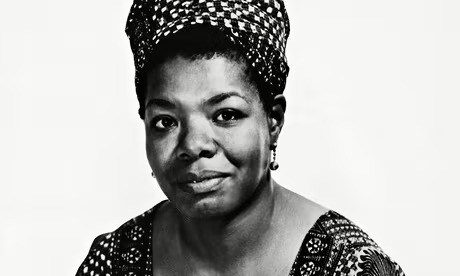Did you know Maya Angelou Lived in Ghana?
Did you know Maya Angelou Lived in Ghana?
Born on April 4, 1928, Maya Angelou was a woman of immense talent, wisdom, and resilience. A poet, writer, singer, dancer, and civil rights activist, she left an indelible
mark on the literary and cultural landscapes of both the United States and Africa. Among the many chapters of her storied life, one of the most profound was her time spent in Ghana.
This country would hold deep significance for her and many other African Americans searching for identity, belonging, and purpose.
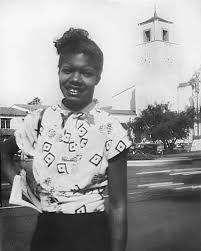
Figure 1: A young Maya Angelou at the University of Ghana, where she taught in the early 1960s
A Journey to the Motherland
In the late 1950s, Angelou left the United States in pursuit of new horizons. She first lived in South Africa and Cairo, Egypt, before moving to Accra, Ghana, in 1962. At the time,
Ghana was experiencing a wave of Pan-African enthusiasm under the leadership of President Kwame Nkrumah, who had led the country to independence from British colonial rule in 1957.
His vision for Ghana as a beacon of African unity and empowerment resonated with many African Americans who saw the country as a place of refuge and opportunity.
Angelou had initially planned to settle in Liberia, where she was offered a position with the Ministry of Information. However, upon visiting Accra, she was captivated by
its vibrant culture, warm people, and the sense of home it offered to Black expatriates. She decided to stay, becoming part of a growing community of African Americans who
had expatriated to Ghana. This community included notable figures such as Dr. W.E.B. Du Bois, who spent his final years in Ghana, as well as a wave of Black intellectuals and activists
seeking to reconnect with their African roots.
Building a New Life in Ghana
Angelou quickly integrated into Ghanaian society, securing a position as an administrative assistant at the University of Ghana. She immersed herself in the culture,
learning Fanti, one of the local languages, to bridge the communication gap between African Americans and Ghanaians. While there was an initial disconnect between the
two groups—mainly due to the historical and cultural separation caused by the transatlantic slave trade—Angelou and her fellow expatriates worked to strengthen these bonds.
She observed the challenges African Americans faced while trying to establish a sense of belonging in Ghana. The presence of American Peace Corps volunteers and USAID
workers had created distrust among some locals, causing tensions between them and the Black American expatriates. Despite these struggles, Angelou remained steadfast in
her belief that their return to Africa was not in vain.
“We have tolerated a lot to be ignored,” she wrote in her memoir All God’s Children Need Traveling Shoes, recounting the emotional journey of reconnecting with Africa.
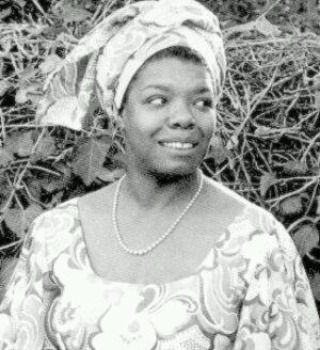
Figure 2: Maya Angelou, when she lived in Ghana
A Historic Encounter with Malcolm X
In 1964, Malcolm X visited Ghana as part of a broader journey he undertook after breaking away from the Nation of Islam. During his time in Accra, he met with Angelou,
and they formed a bond rooted in their shared mission for Black liberation. Inspired by their discussions, Angelou decided to return to the United States in 1965 to help Malcolm X
establish the Organization of Afro-American Unity (OAAU), an initiative aimed at bridging the struggles of Black people in America with those on the African continent.
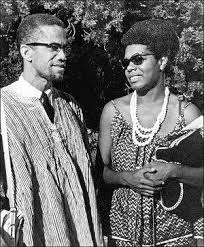
Figure 3: Maya Angelou and Malcolm X in Ghana
However, fate took a tragic turn. Shortly after Angelou’s return to the U.S., Malcolm X was assassinated, leaving her devastated and forcing her to reassess her role in the civil rights
movement. Encouraged by her close friend James Baldwin, she began to focus more on writing, eventually producing “I Know Why the Caged Bird Sings,” the groundbreaking autobiography
that would cement her place as one of the greatest literary voices of her generation.
A Lasting Bond with Ghana
Although she returned to the U.S., Angelou’s connection to Ghana remained strong. She continued to celebrate its influence on her life and work, often recounting the profound impact of her years in Accra. In August 1986, she returned to Ghana for the reburial of
Dr. W.E.B. Du Bois at the Du Bois Memorial Centre for Pan-African Culture. This event symbolized the enduring link between African Americans and Ghana.
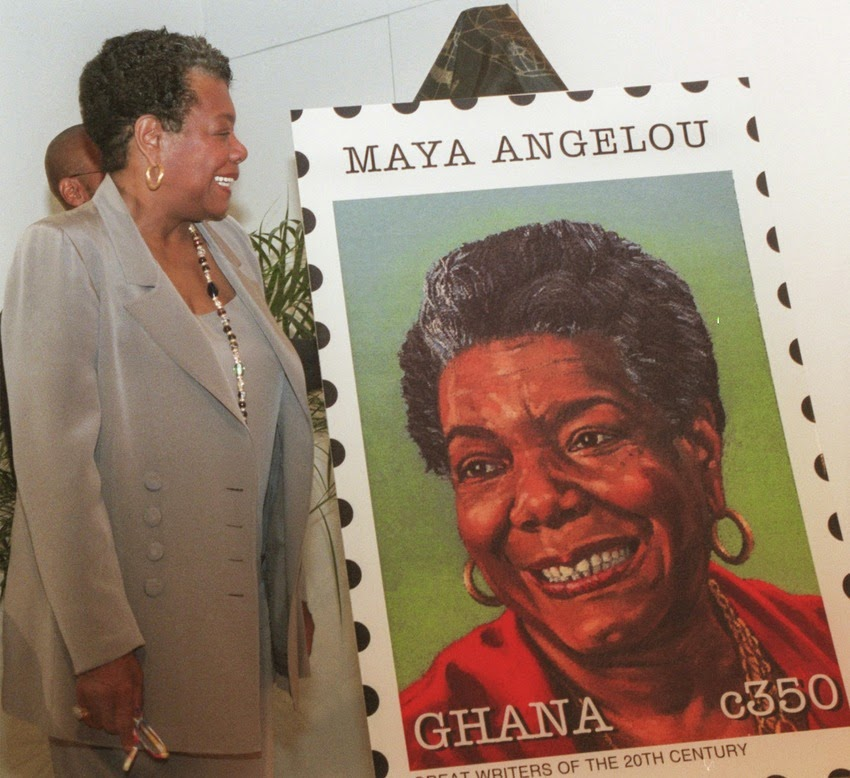
Figure 4: Maya Angelou became so connected to Ghana that she was honored with a Ghana postal stamp
Ghana recognized Angelou’s contributions and deep connection to the country by honoring her with a postal stamp—an acknowledgment of her role in strengthening the cultural ties between Africans on the continent and in the Diaspora.
Ghana: A Place of Return for African Americans
Maya Angelou’s journey to Ghana mirrors the ongoing pilgrimage of African Americans seeking to reconnect with their ancestral homeland. Today, Ghana continues to extend
a warm welcome to those in the Diaspora, primarily through initiatives such as the Year of Return and Beyond the Return, which encourage African Americans to visit, invest, and settle in the country.
For those looking to walk in Angelou’s footsteps, Ghana offers a rich cultural experience—whether exploring the historic sites of Cape Coast and Elmina, engaging with vibrant traditions like the
Fetu Festival, or visiting landmarks such as the Du Bois Centre and the bustling city of Accra.
A Legacy That Lives On
Maya Angelou’s time in Ghana was more than just a chapter in her life—it was a powerful reaffirmation of the unbreakable bond between Africa and its descendants. Her words,
experiences, and activism continue to inspire generations of Black people to seek knowledge, identity, and a sense of belonging that transcends borders.
As she once wrote: “Long before, I had been taken from Africa by force. […] The second time leaving will be less painful, for I knew then that my people never quite left Africa. We had sung of the continent in our blues, we had sung the cries in our gospels, and we danced it in our breakdowns. From Philadelphia to Boston and Birmingham, we changed her colors and modified her rhythms.”
Explore the Motherland with African Connections
For those ready to embark on their own journey of discovery, Ghana awaits—just as it did for Angelou- offering not just a place to visit but a place to call home. For over 20 years,
African Connections has been the trusted partner in reconnecting the African Diaspora with its roots. As the premier tour operator, we offer experiences that blend cultural immersion,
historical education, and seamless travel to Ghana and beyond. Reserve your seat today!
